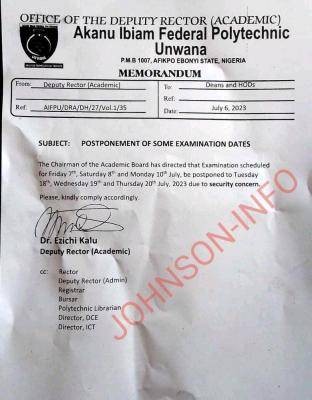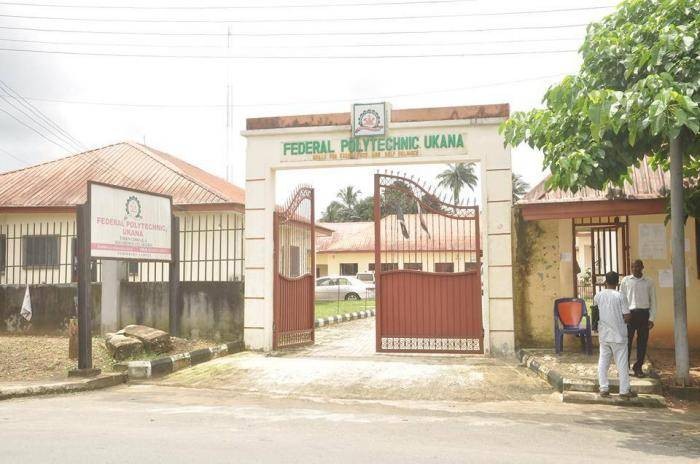
The National Coordinator, International Index Network (IIN), Prof.Yohana Izam, has said that with a true sense of participatory leadership, ethnic harmony and religious tolerance, Nigeria can surmount the challenges of nation building.
Izam made the observation on Tuesday in Abuja at a media briefing and public presentation of IIN, an NGO, with focus on promoting research, advocacy and information dissemination for nation building.
He said that Nigeria’s social and economic problems were compounded by the inability of the educated professionals
and political class to form a united league of patriots and think-tanks, to steer the process of development.
“The syndrome is worse among the political class, which is today polarised along religious, ethnic, party as well as parochial and selfish lines.
“Thus, further distracting our national leaders from concentrating on the implementation and delivery of adequate and quality services to citizens.
Similar Posts:
“It is clear that Nigeria is today in an era in which some educated and political elites, have excessively engaged in destructively criticising national leaders.”
He said that the activities and utterances of such persons had shown that they based their criticisms on mainly on ethnic, religious, political and personal sentiments instead of concrete yardsticks.
Izam said the consequence of this trend was the nation’s inability to fully harness its human and material potentials to improve the people’s standard of living as well as join the comity of developed nations.
To address these problems, Izam said that IIN was formed to promote participatory democracy, improved welfare, gender equality in all spares, as well as to re-inculcate the virtues of patriotism and service in Nigerians.
He added that the network was also formed to promote the core cultural values of respect for elders and leaders, promote co-existence, ethnic cohesion, religious tolerance and national unity in the country.
“The essence of this organisation is basically to provide a platform for credible educated elites and professionals from all callings to distill ideas.
“This is to critically assess the development programmes of the country, using reliable indices and scientific research methods to ascertain overall progress of the country,’’ he said.
To realise these objectives, Izam said IIN would use a number of strategies, including encouragement of civil involvement
in programmes of government at all levels and public sensitisation.
“We will also be drawing government’s attention to the educational, social, economic, health, human rights and infrastructural needs of the rural and urban populace,’’ he said.
The national coordinator, however, stressed the need for Nigerians to imbibe the core cultural values of respect for human dignity, patriotism and service to the nation and to one another.
Meanwhile, Mrs Magaret Incheen, a founding member of the NGO, said IIN would partner with the government to sensitise Nigerians on government programmes, especially the new power project.
Incheen, who is also a National Commissioner with Federal Character Commission, said IIN would be used to showcase Nigeria and in bridging the communications barrier between government and the people.
By: OKONOBO LUGARD



